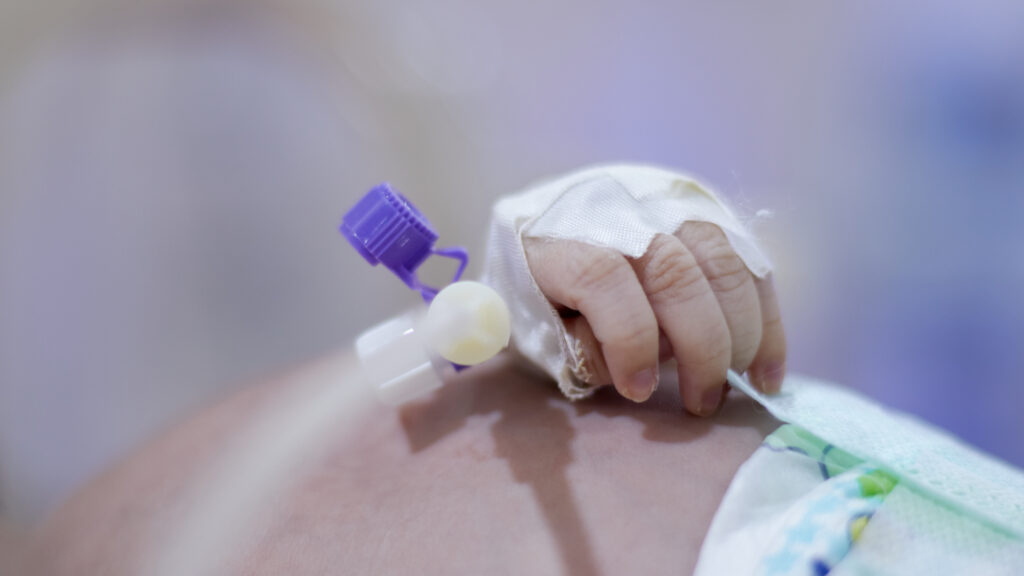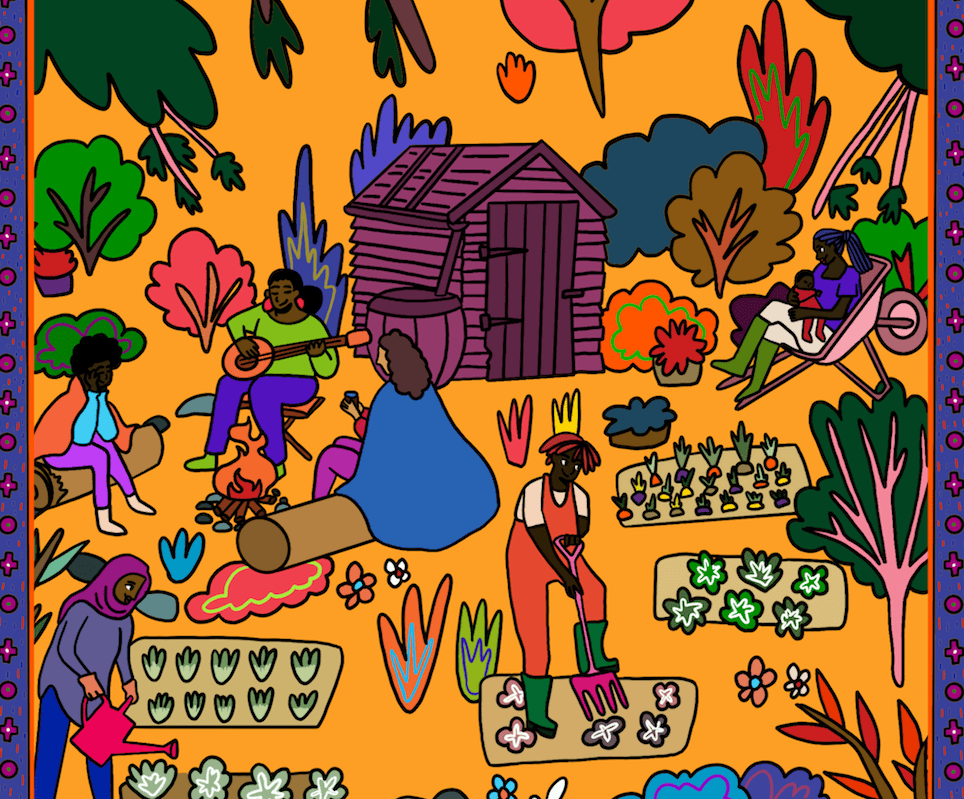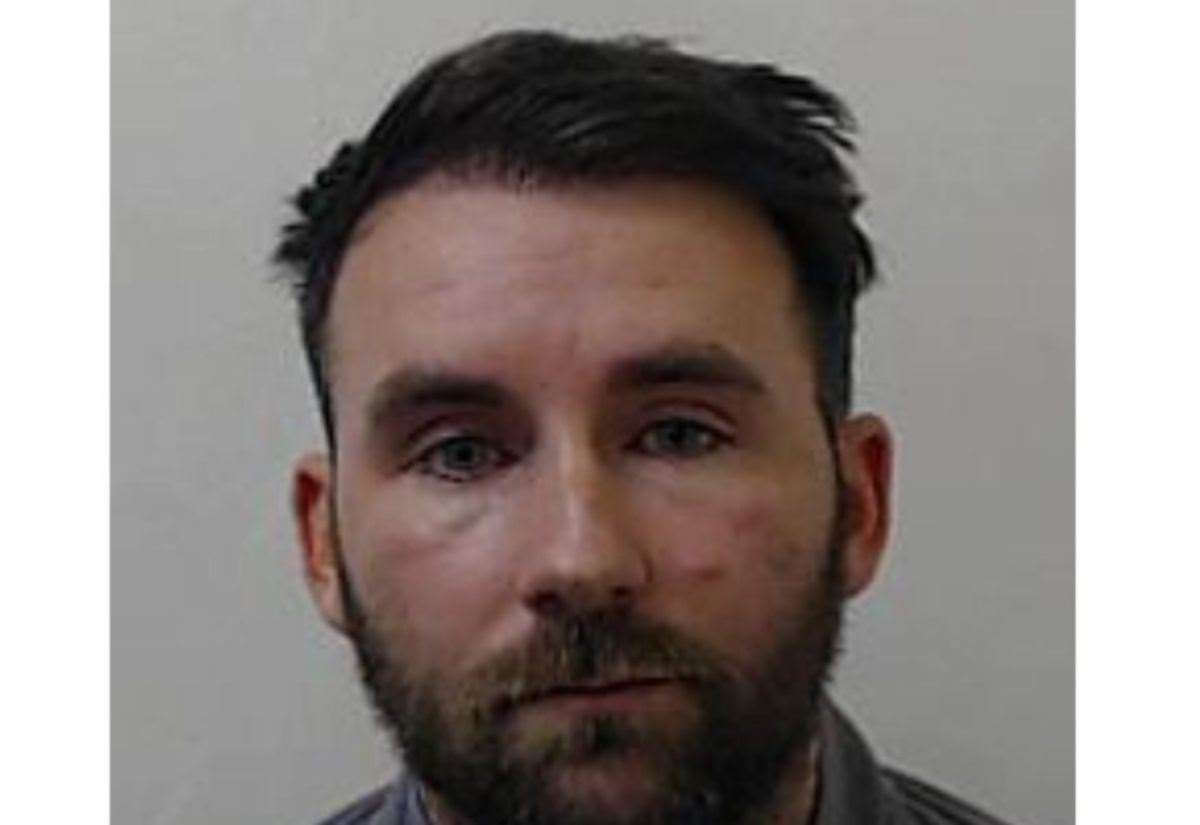
He was two months old and already living on borrowed time.
The baby, born in El Salvador, had never drawn a breath on his own. His rare congenital condition narrowed the airway deep within his chest. A ventilator kept him alive. A breathing tube threaded down his throat had become his surrogate airway. But that tube, and that machine, were reaching their limits. The baby’s oxygen levels were harder to maintain. Infections loomed. Without surgery to reconstruct his airway, he would not survive another month.
Advertisement
That’s when I got the call. As a pediatric airway surgeon and co-founder of Careways Collaborative, I’ve spent years working with medical teams in Latin America. We’ve built sustainable, long-term partnerships to reduce child mortality. We’ve helped reform pediatric intensive care at Hospital Bloom, El Salvador’s national children’s hospital, and have seen child mortality there drop from 22% to under 10% over two years with simple, scalable interventions.
But this wasn’t a system-wide initiative. This was one child.
The ethical questions surfaced before I even booked my flight: Can we, should we, perform a complicated, high-risk surgery to save a single infant — especially in a country where health care resources are limited and must be allocated for the greatest impact?
How do we speak honestly with parents about risks and outcomes when the words come through translators and the concepts, even in English, are hard to grasp? And in an age of shrinking foreign aid and growing skepticism toward global health outreach, why do we keep showing up?
In global health, we often talk about cost-effectiveness, scalability, and sustainable systems change. Careways Collaborative is built on those ideals. But this baby was not a metric.
Advertisement
On a personal level, I felt torn. If I had never received a WhatsApp from my friends and colleagues in El Salvador telling me about this child and asking for help with his care, his fate would not have intersected with mine. But they had called. If I said no, the surgery was just too complicated, then I knew I would feel I always could have tried. But if I went and didn’t succeed, and the child died while we were operating, would I feel forever that this had been hubris, that I shouldn’t have tried?
The local cardiac team was experienced. They had performed many complex heart surgeries. But they had never opened the chest to expose the airway near the carina for reconstruction. And I had never worked with them. I asked a good friend and fellow airway surgeon to join me; I would need someone by my side, for our part of the surgery, who would know each surgical maneuver I needed to make and I would wordlessly know his. It is one thing to train and teach in the context of long-term relationships. It is another thing entirely to operate together — each surgeon’s skill dependent on the other’s precision — on a baby whose heart beats just inches from us.
We met the morning of the operation, reviewed anatomy and shared techniques in a mixture of Spanish and English, and nodded — not because every word was understood, but because every intention was clear. Our patient was ready. His parents were ready. His mother had tearfully told us that she knew we would try our very best, but if her son died during the surgery, please continue so that his gift to other children would be the lessons we had learned. I have been a surgeon for so many years now, but I could not remember ever having a parent say such a thing. If she was willing and ready, we would be too.
The cardiac team opened the chest and exposed the child’s beating heart. Stitch by stitch, they carefully exposed the two areas where they would enter the heart and place two tubes, one to draw out of the child and send it through a cardiac bypass machine, and the other to send this newly life-saving oxygenated blood back to the boy so his body and his brain could live. They stepped back; this was as far as they had been before. Now it was our turn. We worked behind the beating heart, exposing each vessel until we found the narrowed windpipe deep below. We applied the rules of geometry to make a series of incisions in the airway, allowing us to divide the narrowed section and slide the bottom half over the top to double its diameter. The local surgeons held each stitch for us as we pulled the airway together. Every move was collaborative. Every breath the baby took on bypass was one we’d fought for together.
Hours later, the baby was off bypass, and the new airway held. The ventilator pressures dropped. His oxygen improved. For the first time since birth, there was a path forward.
He lived.
Was it worth flying across the continent for one child? The answer lies not just in the survival of that child, but in the transformation of those who bore witness to it.
Advertisement
The local surgeons now have firsthand experience with airway exposure techniques. The ICU team has a deeper understanding of complex airway management. The nurses, already highly capable, now see what more is possible. The mother, who had been so quiet through our translator’s explanations, wept and whispered, “Gracias por venir.” Thank you for coming.
And the team I returned to in Boston? They’ve heard the story. They’ve seen the photos. These acts of care echo outward.
At Careways Collaborative, we’ve seen this again and again. Our systemic work in El Salvador has been documented: from dramatic reductions in unplanned extubations to the successful adaptation of our quality improvement protocols by local leaders, even in our absence during the Covid-19 pandemic. But just as vital are the unmeasurable impacts — on belief, on courage, on global solidarity.
We live in a time of skepticism — of questioning whether American doctors should spend time and money helping children thousands of miles away. But the truth is: Global health is not charity. It is solidarity. And it is mutual. The tools and insights we gain abroad come home with us. The humility we learn, the innovation we witness, and the cultural empathy we deepen — all make us better doctors, better humans.
As Atul Gawande writes in Better: “Betterment is a perpetual labor. The world is chaotic, disorganized, and vexing. Medicine, like life, is messy. But to make systems work — to make life work — you have to look for the opportunities to make a difference.”
That weekend in El Salvador was one such opportunity.
And we took it.
Not because we knew for certain we would succeed. Not because the numbers added up. But because one life matters. And because one life, saved, can light the way for many more.
Christopher Hartnick is a pediatric airway surgeon at Massachusetts Eye and Ear and Harvard Medical School.



